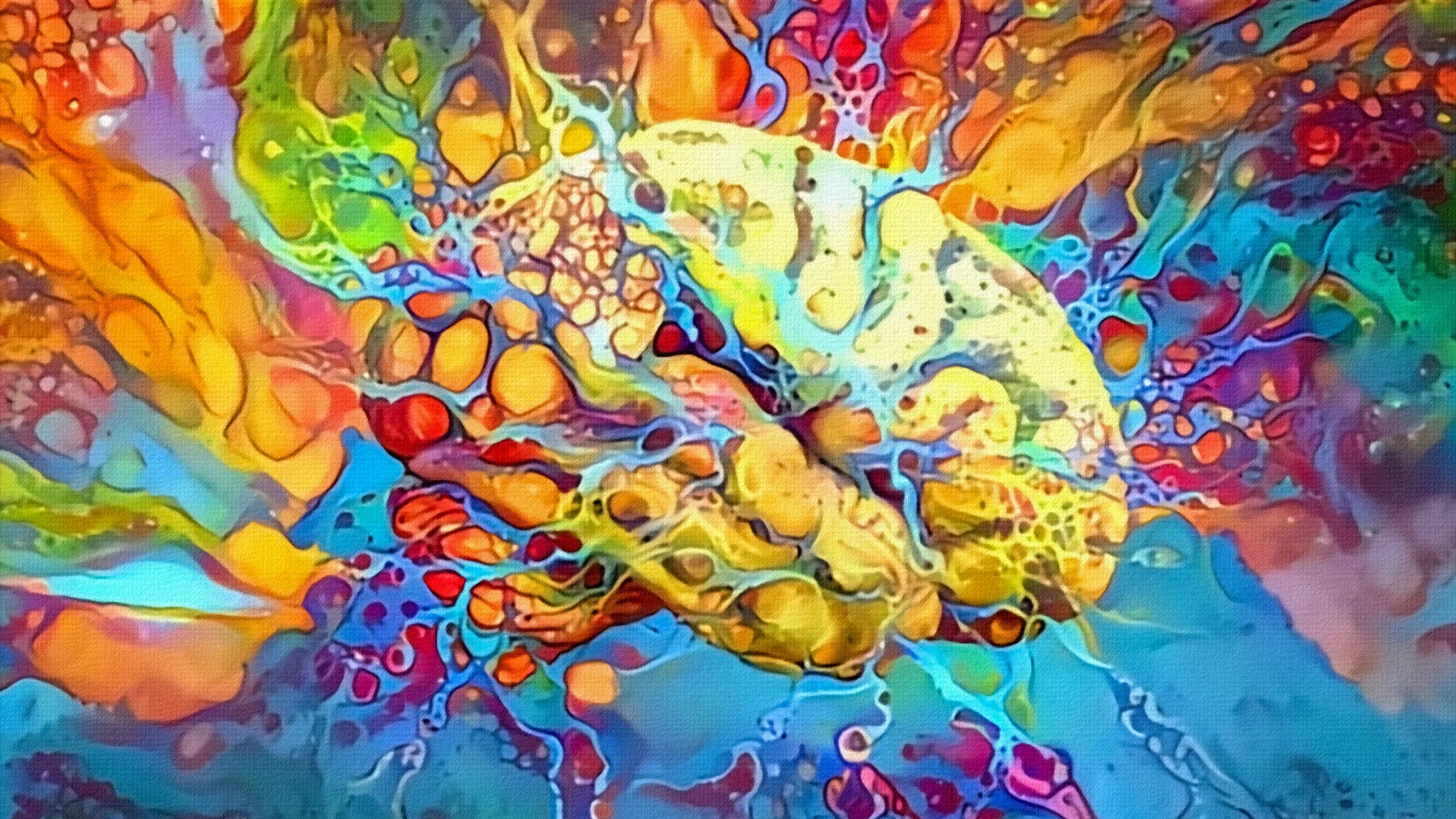Our senses shape the way we experience life, but scent has a way of slipping under the radar. It doesn’t just linger in the background — it binds itself to our memories and emotions in a way that can take us by surprise. One breath and suddenly you’re not just smelling something; you’re standing in another place, another time. Scientists have studied it, poets have written about it, and anyone who’s caught the faint trace of a familiar fragrance knows how powerful it can be.
Unlike sight or sound, smell doesn’t take the long road through your brain. It bypasses the usual processing and heads straight to the limbic system — the part that keeps your memories and feelings close. That’s why the smallest hint of perfume can pull you back to a first date, why the scent of bread baking can land you right in your grandmother’s kitchen, why the salty air can make you feel the exact joy of that day at the beach years ago.
These scent memories aren’t just snapshots. They’re living, breathing moments, wrapped in the emotions you felt at the time. You don’t just remember the details — you remember the way you felt. And because of that, scent can be used with intention. Pair a fragrance with an important moment and it will be waiting for you whenever you return to it. A certain candle lit every time you write. A touch of lavender before sleep. A signature scent chosen for a wedding day. Years later, the smallest trace can bring it all back in vivid detail.
Scent is more than something we notice in passing — it’s a time machine, a mood shaper, a bridge to the people we’ve been and the moments that made us. So when a familiar fragrance stops you in your tracks, let it. Breathe it in. Let it take you wherever it wants to go. That’s the quiet magic of scent: weaving the story of your life, one fragrant chapter at a time.



Share:
Crafting a Haunting Tale
Using Candles in Tabletop Games